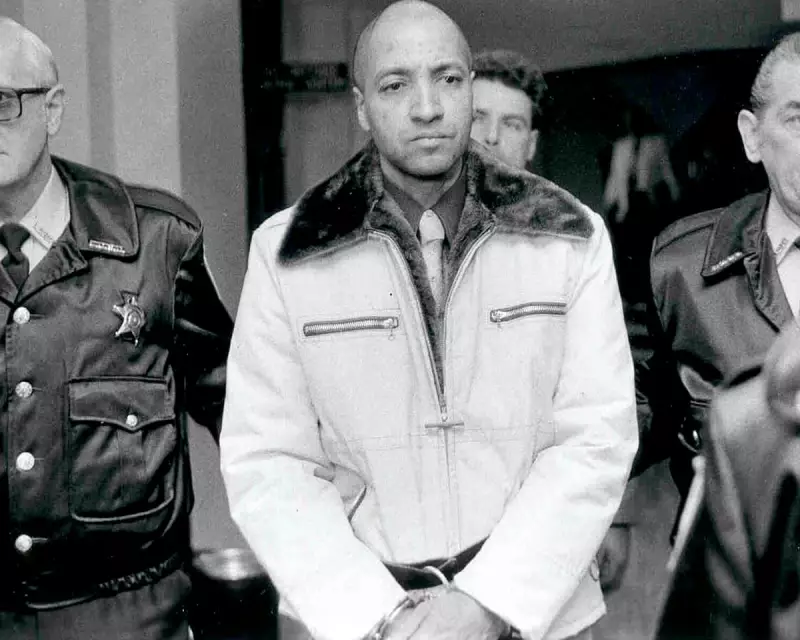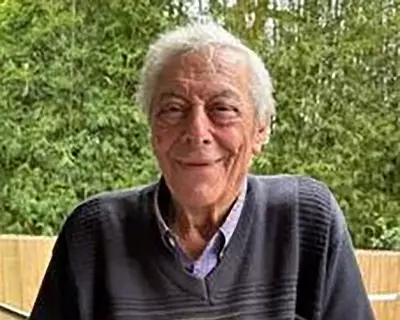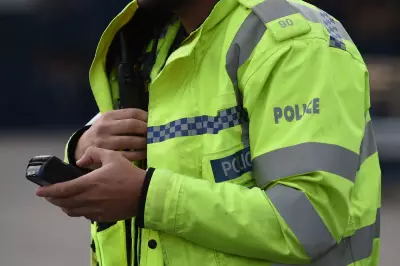
George Banks, one of Pennsylvania's most notorious mass murderers who slaughtered 13 people in a 1982 rampage that included five of his own children, has died in prison at age 81.
The convicted killer, who had spent over four decades on death row following one of the state's deadliest shooting sprees, passed away at a state correctional facility while still under sentence of death.
The 1982 Night of Terror
On September 25th, 1982, Banks embarked on a horrific killing spree across Wilkes-Barre that would shock the community and leave permanent scars. Armed with multiple weapons, the former security guard methodically targeted victims at two different locations.
The massacre unfolded with brutal efficiency:
- Five of Banks's own children were among those murdered
- Four women who were mothers of his children were killed
- Two bystanders who happened to be at the wrong place met the same fate
When the sun rose the following morning, the full scale of the tragedy became apparent - thirteen lives brutally ended in one of the most devastating crimes in Pennsylvania history.
Legal Battles and Mental Health Questions
Banks's subsequent trial became a landmark case, raising complex questions about mental health and criminal responsibility. His defence team argued he was suffering from severe mental illness at the time of the killings.
Despite these claims, jurors found him guilty on all counts and sentenced him to death. However, the case would become entangled in decades of legal appeals and challenges.
"The Banks case represented one of the most difficult intersections of mental health evidence and capital punishment," noted a legal expert familiar with the proceedings.
Four Decades in Limbo
Banks's death marks the end of one of Pennsylvania's longest-standing death row cases. Like many inmates sentenced to capital punishment in the state, he ultimately died of natural causes rather than execution.
Pennsylvania has executed only three people since the death penalty was reinstated in 1976, and all three had voluntarily abandoned their appeals.
The case highlights the complex reality of capital punishment in Pennsylvania, where sentences are frequently handed down but rarely carried out, leaving inmates like Banks to spend decades in legal limbo.
A Community Still Healing
For residents of Wilkes-Barre and the victims' surviving family members, Banks's death closes a painful chapter that began over forty years ago. The 1982 massacre left deep wounds in the community that time has only partially healed.
While the legal proceedings have now reached their conclusion, the memory of that September night and the thirteen lives lost continues to resonate through northeastern Pennsylvania.
Banks's death brings finality to one of the state's most tragic criminal cases, ending a story that began with unimaginable violence and concluded with a quiet death behind prison walls.





